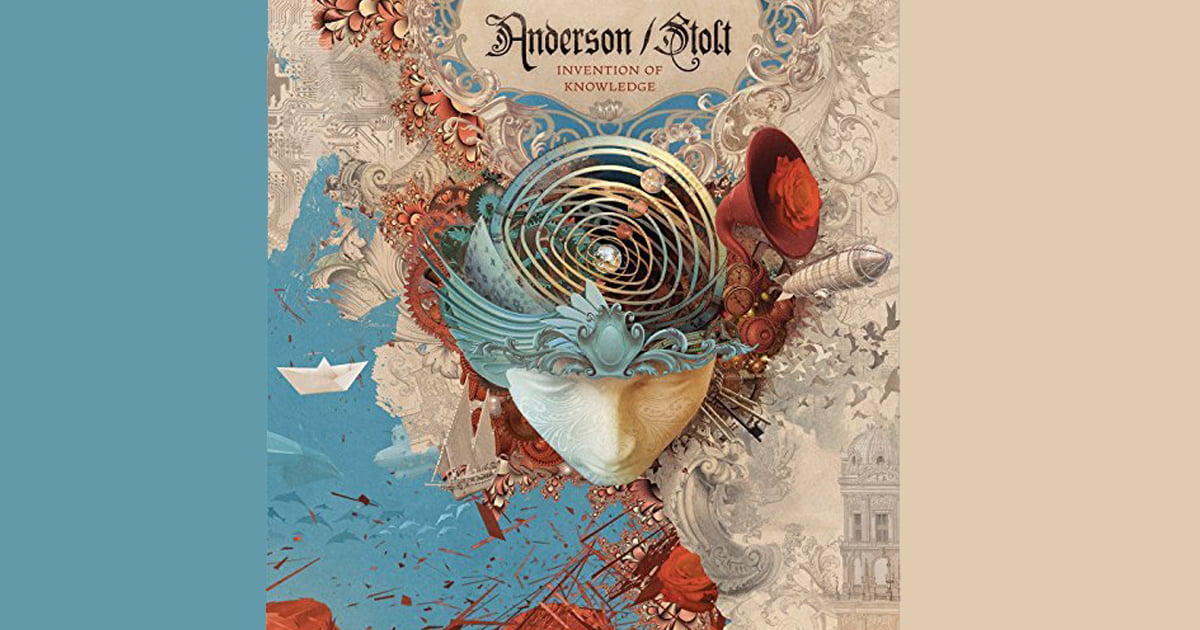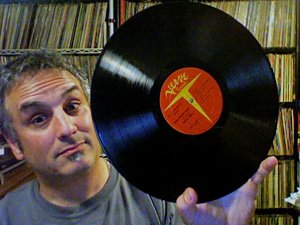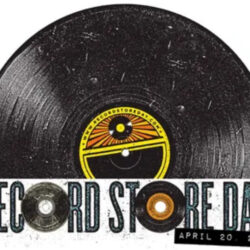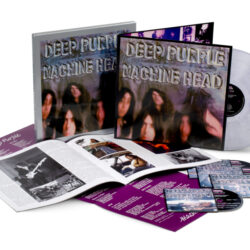It’s the time of year for saving money!
As music fans, we’ve all experienced that moment when enjoying a recording we love so much, we hate it to end.
For me, some of those moments in the pop and rock world include:
- The dogs barking at the train at the end of The Beach Boys’ Pet Sounds…
- The end of “A Day In The Life” from The Beatles’ Sgt. Pepper …
- The final song on The Flaming Lips’ At War With The Mystics, “Goin’ On” (which never fails to make me tear up)…
- The end of side one of Mike Oldfield’s Tubular Bells with its beautiful acoustic guitar piece after the instrument announcements…
- The finale to Pink Floyd’s Dark Side of the Moon…
- And the final fade out of Close To The Edge by Yes, where the swirling keyboard sounds, bird calls and cavernous ambiance from the start of the album re-appear…
 Those moments made me want to experience those recordings again and again and again. And, in fact, I have done exactly that for years…. no doubt.
Those moments made me want to experience those recordings again and again and again. And, in fact, I have done exactly that for years…. no doubt.
But sometimes I do long for another “thing” that might deliver some of that vibe without burning me out on the originals…
Sure, there have been some “sequel” albums along the way which tried to evoke the spirit (and some might even surpass) but those are few and far between.
Mike Oldfield’s several sequel Tubular Bells recordings never engaged me quite like that original did…
That said…
When prog rock superstars Yes first started to splinter in the late 1970s, there was speculation among some fans (ie. me and my friends) that perhaps main songwriter Jon Anderson had lost some of his spark. After all, the band’s 1978 album Tormato was something of a sloppy follow on to one of their finest albums ever, Going For The One. And then Jon and Rick Wakeman suddenly left the band as Yes reformed with a couple of proto-Buggles in tow, beginning decades of revolving incarnations of the band over the years (with and without Jon).
Jon’s solo albums from the early 80s period didn’t do much for some of us hoping for more epic tales closer to the fragile edge of science fiction and spirituality.
 We hoped to hear more brilliant visions like his first solo album Olias of Sunhillow. We dreamed of more transformative vistas like Relayer and Close to the Edge. I personally wished for another epic like the magnificent — but misunderstood — Tales From Topographic Oceans.
We hoped to hear more brilliant visions like his first solo album Olias of Sunhillow. We dreamed of more transformative vistas like Relayer and Close to the Edge. I personally wished for another epic like the magnificent — but misunderstood — Tales From Topographic Oceans.
But that never really happened, although we got glimpses, especially in 1999s fine The Ladder and its follow on Magnification.
So, imagine my surprise when I started hearing some buzz about a new Jon Anderson project with a guitarist from a neo-prog rock band called Transatlantic (also in The Flower Kings and several others), Sweden’s Roine Stolt. I ordered the album and have been playing it regularly since it arrived.
Their collaboration, Invention of Knowledge, may well be the most epic thing (in a prog rock sense) Jon Anderson has done since his ’70s heyday with Yes. In one sprawling two LP set, they tackle all manner of inspiring lyrical themes set to music that is at once familiar as it is fresh. Prog rock newbies may just simply like this album because of its great production, compelling songwriting and sense of melody (a key ingredient to Yes’ finest works). Hardcore Yes fans may well geek out as they hear musical touch-stones and lyrical references popping up throughout the work.
Yet, somehow Invention of Knowledge doesn’t sound like a retro-themed work. It feels more like an expansion of ideas… Variations and themes, if you will…
When I hear a line that recalls a turn of phrase from an earlier Yes album, or a musical statement that echoes a past progression, I can’t help but grin… widely! Finally, I’m getting to enjoy the taste and flavor of that music all over again without actually hearing the old music!
Now, this concept is really not entirely new to the world of music. Classical composers have frequently revisited themes and ideas from past works to create something new and enjoyable. Sure, it makes listening fun in a spot-the-references sort of gameplay manner. But its also inspiring when you stop to think of how robust this music is — strong to a point where it can be re-configured, manipulated, squashed, chopped, sliced ‘n diced into something new.
And its not just Yes music being referenced. I heard Pat Metheny and Mike Oldfield moments — there are probably other influences I missed along the way.
Invention of Knowledge is a rich listening experience. So much so, I’d love to hear it remixed into 5.1 surround sound.
Jon Anderson’s voice sounds fantastic on Invention of Knowledge and the band smokes. Roine Stolt’s guitar playing echoes Steve Howe’s colorful intensity yet he is not a copy cat. I suspect this fellow can play anything.
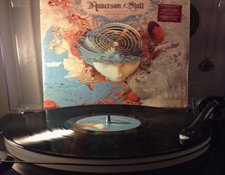 The two 180-gram black vinyl LPs in this set are uniformly well centered and for the most part very quiet — I only heard a bit of surface noise at the start of Side 4 but with a thorough cleaning with my handy old Discwasher most of that went away (I may give the album a proper washing — sometimes new albums get dust in the grooves from handling in the factories where they are made these days).
The two 180-gram black vinyl LPs in this set are uniformly well centered and for the most part very quiet — I only heard a bit of surface noise at the start of Side 4 but with a thorough cleaning with my handy old Discwasher most of that went away (I may give the album a proper washing — sometimes new albums get dust in the grooves from handling in the factories where they are made these days).
The CD that comes with Invention of Knowledge also sounds real good. Not quite as smooth as the LP — no surprise — it is fine for mobile use in the car or if you want to rip it to your computer or portable device.
I’m really pretty thrilled that Invention of Knowledge even exists. What a pleasant surprise and treat!
Now the next step for me is to explore more of the works of Roine Stolt and his other bands. Perhaps there are other fine new prog rock vistas out there for me to discover.
The journey continues…
